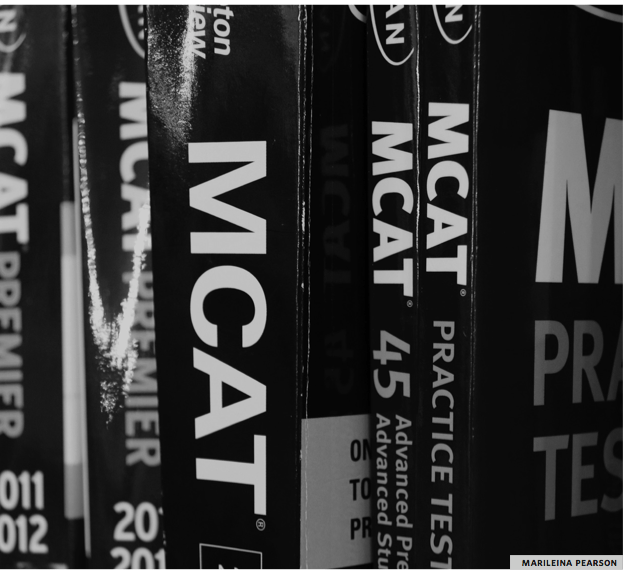
In the spring of 2015, the Medical College Admission Test (MCAT) will undergo the most drastic changes to its curricula in more than 20 years—and students aspiring to be doctors should take note.
The Association of American Medical Colleges—the governing body of all accredited US and Canadian medical schools, formally approved the changes to the content and structure of the MCAT exam in early 2012.
The 2015 MCAT will include three additional semesters’ worth of material in college-level sociology, biochemistry, and psychology. It will contain 80 per cent more questions. It will also test two additional skills: research design, and graphical analysis and data interpretation, according to a press release from Kaplan Test Prep.These additions will make the test approximately seven hours long, a full hour and half longer than the already five-and-a-half-hour-long test.
Owen Farcy, Kaplan’s director of pre-health programs, believes the changes are needed and beneficial.
“Much of today’s medicine is based on scientific advances that didn’t exist just 20 years ago, and doctors are increasingly serving a more diverse population,” says Farcy.
“Medicine really is among the most dynamic fields. It’s never static, so the education to become a doctor shouldn’t be static either. It has to keep up with advances in medical science and the changing demographics in both the United States and Canada.” According to Kaplan Test Prep’s 2013 survey of medical school admissions officers, 43 per cent expected the 2015 MCAT exams to be more difficult than the current one. Two per cent believed it would be easier, and another 55 per cent thought the difficulty level would remain about the same.
Ninety per cent of those surveyed supported the coming changes, and 75 per cent believed it would better prepare students for medical school. For the 2013 survey, Kaplan spoke with 79 medical schools between July and September.
Farcy says the updated MCAT will not only be more difficult than the current one, but the road to get there will also be more challenging. Pre-med students will need to learn significantly more material, within the same amount of time.
“This sounds like a potentially daunting, but still achievable hurdle for this highly motivated group of students,” says Farcy. “Many pre-meds have wanted to become doctors since they were very young, and this won’t stop them.”Most first and second-year pre-med students select courses that cover material they need for the MCAT.
“Word is definitely getting out about the changes to the exam and its launch in 2015,” says Farcy. “While many students have understandably expressed concern about the new exam’s increased length and additional content, they’re getting ready for it, not fearing it.”
Farcy says students who want to stay informed about changes to the MCAT should keep updated with their pre-health advisor at their college or university.
Pre-med students are also encouraged to visit the MCAT test change site, which includes everything from videos about the changes to free practice questions. The site is updated on a regular basis, ensuring students the most current information.
There will also be a discussion on the changes to the MCAT and Kaplan’s survey of medical school admissions officers in an upcoming live, online event on November 14, at 8 p.m.
Mishaal Sinha
Staff Writer




